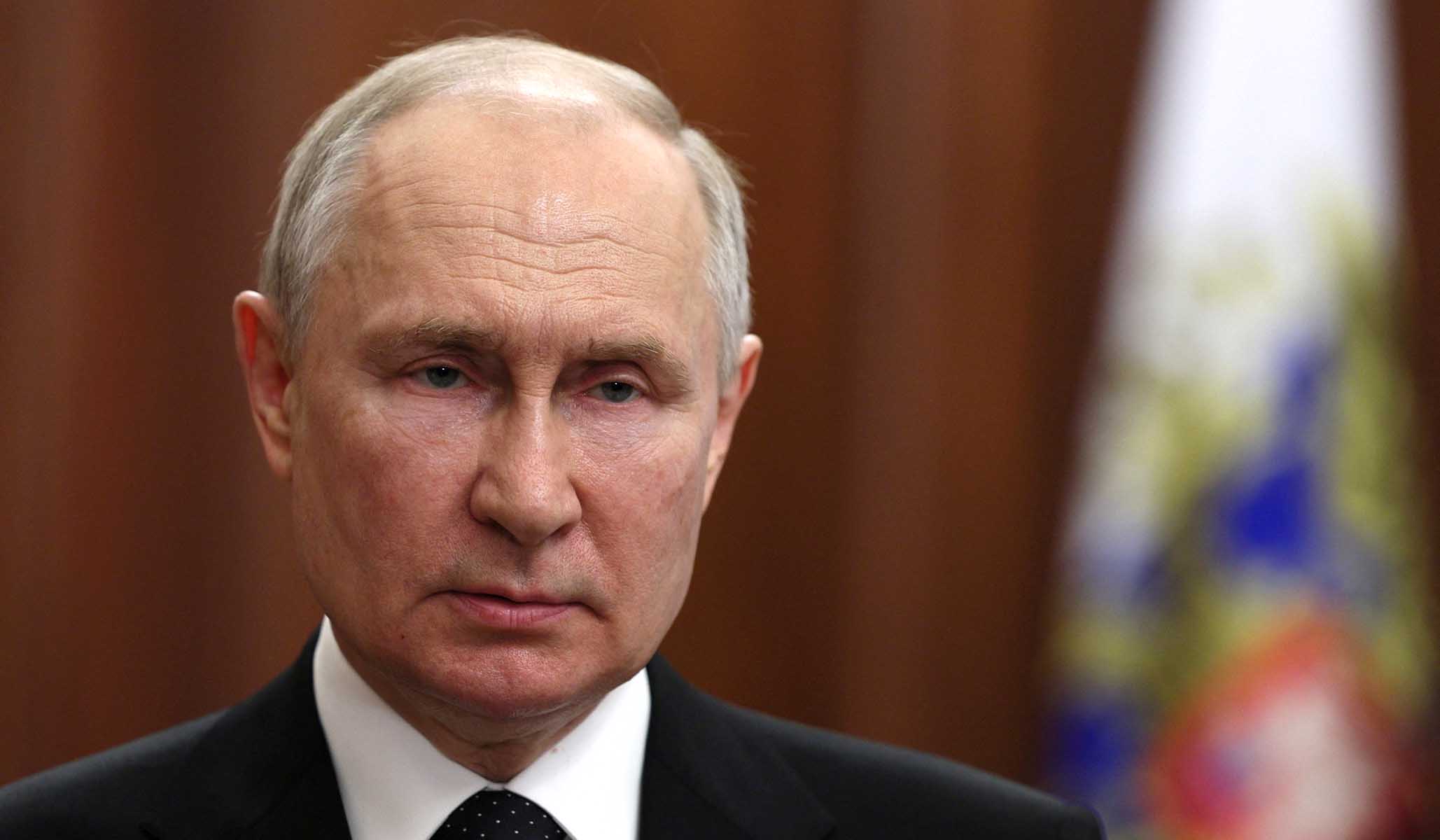


“On June 23, Yevgeny Prigozhin, the head of the Wagner Group, announced on the group’s Telegram channel that his men had been shelled and he was going to ‘settle’ with the Ministry of Defense.”
What followed was the most extraordinary 48 hours in Russia since end of the Cold War and the fall of the Soviet empire.
Prigozhin’s men, David Satter writes in the new cover story of National Review magazine “entered Rostov-on-Don, Russia’s ninth-largest city, and captured the Russian Southern Military Headquarters without firing a single shot. He then dispatched thousands of Wagner fighters north to Moscow to seize Sergei Shoigu, the minister of defense, and Valery Gerasimov, the chief of the general staff, whom he blamed for actions costing ‘tens of thousands of lives.’”
Prigozhin of course didn’t end up storming the Kremlin. His men turned back a few hundred kilometers from Moscow under circumstances which are still being speculated about in the West. What’s clear, however, is that the mutiny put Vladimir Putin’s regime under immense and unforeseen stress. During those dangerous hours, Putin appeared on a nationally televised broadcast to warn the nation of the threat of civil war. He promised iron-hearted measures. He looked to be under visible strain. And then, amazingly, he compromised — offering Prigozhin and his men the offramp of exile.
This display from Putin — a man who had diligently built a reputation for ruthlessness over two and a half decades — signifies a new era for Vladimir Putin’s Kremlin.
Satter, a journalist who once covered the Kremlin from the streets of Moscow, would know. It was he, of course, who wrote a 2016 cover story for NR — “The Bloody Czar” — documenting that facts around the 1999 apartment-building bombings in “Moscow, Buinaksk, and Volgodonsk, which provided a pretext for the second Chechen war and catapulted Putin into the presidency.” Putin and the Russian government blamed the bombings on Chechen terrorists, but the evidence suggests, Satter convincingly argues, that the bombings were a false-flag operation executed by the Russian Federal Security Service (FSB), the successor to the KGB. “Putin, the head of the FSB, had just been named Yeltsin’s prime minister,” Satter wrote in 2016, “and achieved overnight popularity by vowing revenge against those who had murdered innocent civilians. He assumed direction of the war and, on the strength of initial successes, was elected president easily.”
Of course, as Andrew Stuttaford writes in “Putin’s Useable Past,” the Russian president has always had an interest in, shall we say, shaping the way Russians see their past. “Talk of a ‘stolen victory’” following the Frist World War, Stuttaford writes, “is a good example of how Putin’s regime twists Russian history into a unified patriotic saga in which Russia’s setbacks are best attributed to foreigners or division at home.”
The Kremlin, as always, has an agenda. Indeed, back in the ‘90s, “after years of the ailing Yeltsin,” Stuttaford writes, “most Russians wanted a stronger leader in the Kremlin, and as the military defended Russia’s integrity by tearing Chechnya apart, Putin gave them what they wanted, boosting his nationalist credentials as he did so.” Is the seemingly solid edifice of the Russian regime under Putin under threat?
Read the whole of Satter and Stuttaford’s essays on Putin’s Quagmire to find out.
We’re always excited when a new issue of NR goes to press, but it’s fair to say that this issue punches above its weight. As the sun sets on the Supreme Court’s extraordinary recent term, we take stock of John Roberts’s Court in a special section. In four essays, Jonathan Adler, Charlie Cooke, Rachel Lu, and Robert VerBruggen look at the Roberts Court’s respect for precedence, its judicial modesty, the affirmative-action decision, and the anniversary of the Bruen Second Amendment case.
You’ll find all this and more — Ross Douthat’s film reviews, Rob Long’s gonzo satire, literary criticism, and the world-famous “The Week” section — in each issue of National Review magazine. If you’re already a subscriber, thank you. If you’re still thinking about joining up, today you can get a print-magazine-only subscription for just $24. That’s less than $1 per issue and 60 percent off the cover price.
Or you can subscribe to the print-and-digital NRPLUS bundle for just $52. That’s right: Instead of the $130-per-year standard price, for just a buck per week, you’ll get all the online and print content that National Review has to offer. (The bundle is where you really want to be — it’s the greatest of all worlds and is the best way to support NR and get all of our content.)
